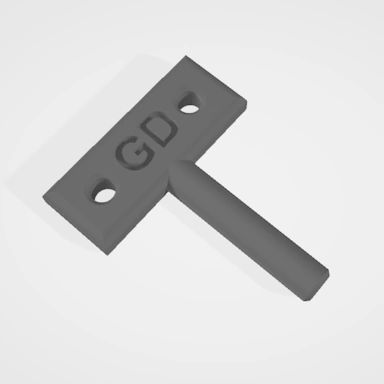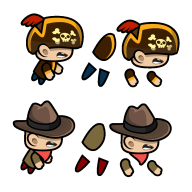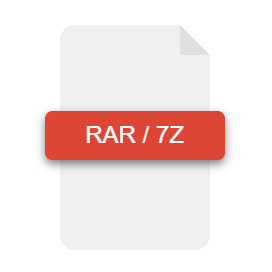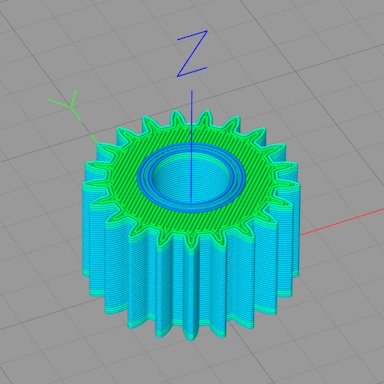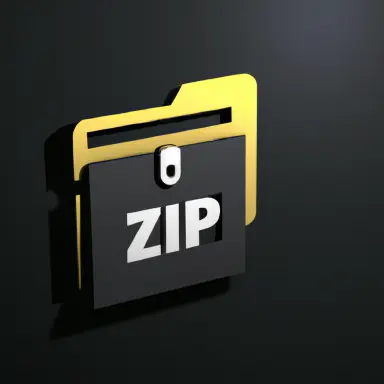How does converting WRL to PLY work?
In order to successfully convert an WRL formatted file to the PLY format, our converter tools will perform several initial checks to ensure the file provided is indeed an WRL file. There are many files out there where the file type extension does not match the data contained within the file. Along with these file type checks, our tools will do additional checks to ensure the file is correctly formatted to match the provided file type. There are many tools out there that do not always create WRL files to the exact specification.
Take your WRL file
The WRL file format is a text-based format, meaning its contents are human-readable, making WRL files easy to edit in simple text editors. Within this text-based format are the core elements that make up the 3D model, including vertices, faces, and more. To ensure efficient conversions, our tool will check all data that is contained within the WRL file and remove any information that is duplicated. This not only ensures the conversion completes more quickly, but also the generated PLY file size is smaller.
Convert the data from WRL to PLY
Now that the data from the WRL file has been processed, our tool can apply any conversion specified options, such as enabling Voxel mode, and with these applied, prepare the data to be converted to the final PLY file format. Part of this process ensures checking the capabilities of the PLY format and removing any data that cannot be represented.
Save to the PLY format
At this point, the WRL to PLY conversion tool will have the 3D model in a state that is ready to be transferred to the PLY format. Our tool creates the PLY file, ensuring all the model data is present and is formatted to match the PLY file specification to ensure the file opens in compatible PLY file editors.




